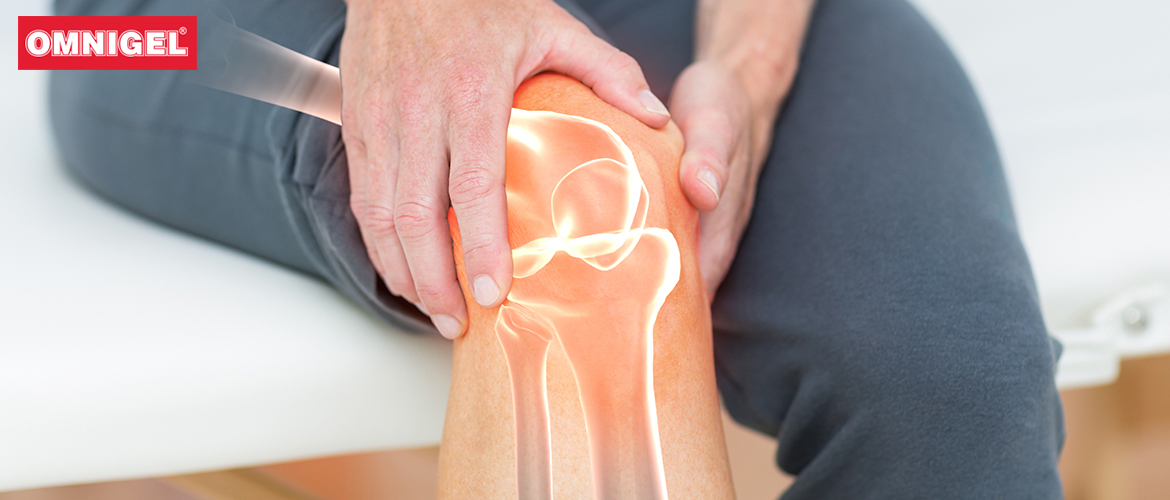Troubled by pain in your knees? Reasons for knee pain and swelling are numerous. It could be the result of a strain or sprain or the signs of some other health conditions like arthritis.
You need to learn more about the causes of knee pain so that you can prevent the problem and find out how to manage the pain better. If you aren’t sure of the reasons for knee pain at a young age, you’ll get your answers too!
Signs of Knee Pain
Besides the most obvious symptoms of pain in the knee, you could also have other symptoms of a knee problem including swelling, redness, warmth in the area surrounding the knee, stiffness, weakness, trouble straightening the knee, instability, or even a crunching or popping sound.
Causes of Knee Pain
Knee pain may be caused by injuries, arthritis, or even being overweight. Here’s a look at some of the top knee pain reasons:
Injury
Your knees are a much-used part of your body and are susceptible to injury if you twist it or move it in an unnatural position. A torn ligament, torn cartilage, fractures or dislocation of the kneecap, strains, sprains, or even injury to the tendon connecting the hip to the knee (iliotibial band) can cause knee pain.
Bursitis
The fluid-filled sac near your knee joint can become inflamed or irritated as a result of heavy use, repetitive stress (from constant kneeling/bending), or falls. This results in swelling as well as knee pain.
Arthritis
Arthritis is another leading knee joint pain reason. Osteoarthritis which is the most common type is when knee cartilage wears down with age or use and is the leading reason for knee pain in those over 50 years of age. Rheumatoid arthritis on the other hand is an autoimmune problem that can range from mild to severe. For some people, this problem may appear and disappear intermittently.
Gout can also bring on knee pain (though it is more commonly linked to pain in your big toe) from uric acid crystal accumulation in your knee joint. You may also experience this pain from calcium-containing crystals being formed(pseudogout) in the fluid of the joints.
Infections
Bone infections like Osteomyelitis can also result in knee pain. If the knee joint is infected with septic arthritis, it may also cause fever and result in widespread damage in the knee cartilage.
Excess Weight
Being overweight can put additional strain on your knees. This means even routine things like walking or taking the stairs can stress the knee joints. Over time, the joint cartilage may wear down faster, and result in a higher risk of problems like osteoarthritis.
Treatment of Knee Pain: Pain Relief Remedies
For a minor injury or strain, a simple over-the-counter topical pain relief remedy can do the job. The pain relief remedy Omnigel (also available as a spray) acts quickly, relieving you of your symptoms like pain, stiffness, and swelling. It is useful for any kind of musculoskeletal pain around the knee and knee joints. For more severe knee pain it is important to get a doctor’s opinion right away. You may require some treatment or medication in addition to the immediate pain relief that the gel can provide.
Get timely relief from knee pain with Omnigel. This pain relief remedy is available at pharmacies across the country and online, so it is well worth stocking up on some.

